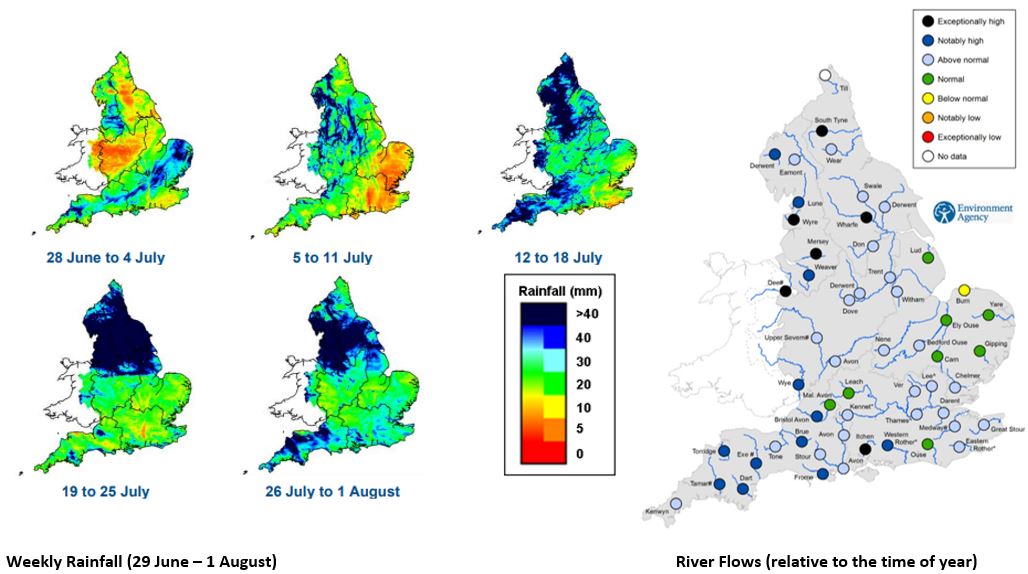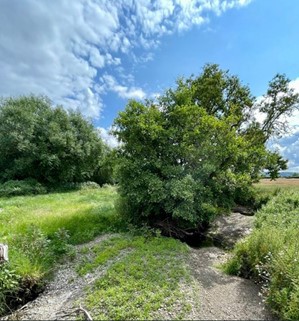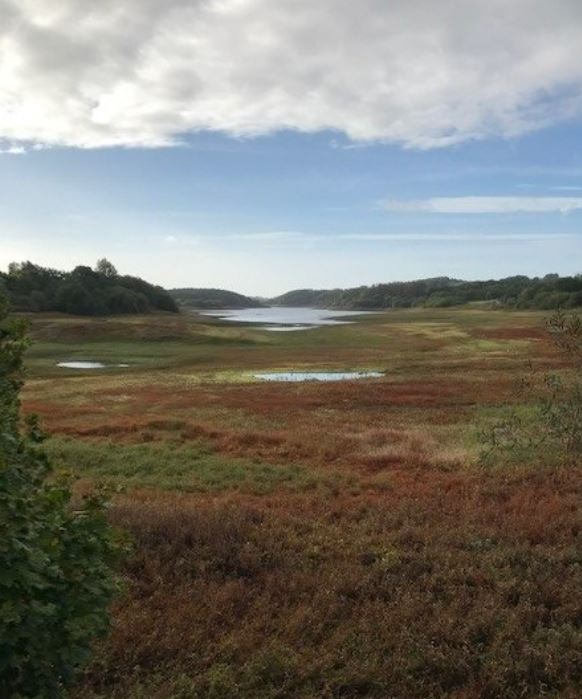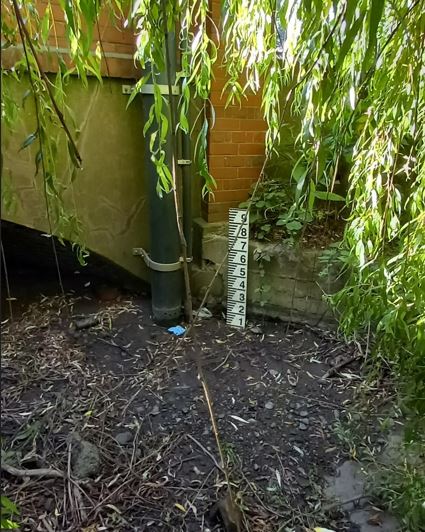West Midlands Drought page
Overview
The Situation
The Environment Agency’s West Midlands area has now moved from Prolonged Dry Weather to Normal status. We will review this status should we see a significant change.
During the month of July unsettled weather and above average rainfall fell over the West Midlands, which has allowed river flows and reservoir levels to improve. With reservoirs operating within normal levels for this time of year there are currently no concerns over public water supply.
There have also been no reports of environmental incidents relating to dry weather in recent weeks.
The Met Office long term forecast is for the unsettled weather to continue for the next month with prolonged hot and dry spells unlikely.
The Environment Agency’s West Midlands area has now moved from Prolonged Dry Weather to Normal status. We will review this status should we see a significant change.

Stages of drought
The EA monitors various indicators (such as rainfall, river flows, groundwater levels, reservoir storage, ecology, public water supplies) and will use these to decide the level of drought an area is in.
There are four stages to describe and manage our dry weather response, these are:
- Prolonged dry weather - characterised as the early stages of drought where we find there has been a period of dry weather and this is impacting on river flows, groundwater levels and water levels in lakes and reservoirs.
- Drought
- Severe drought
- Recovering from drought
More information can be found on our Gov.uk site at the following link: Drought explained - Creating a better place (blog.gov.uk)



The Environment Agency’s role
The Environment Agency is responsible for safeguarding water resources in England and protecting the environment. Water is essential for human health and wellbeing, for our economy, including the production of food. We work with partners, water companies and other abstractors to monitor and manage water resources and take precautionary actions to ensure the needs of water users and the environment are met.
Agriculture
During periods of prolonged dry weather and low flows, we may ask abstractors to undertake voluntary restrictions such as taking reduced abstraction volumes; only abstracting at night or only for a shortened period. We may also apply compulsory restrictions where the licence has a condition to either stop or reduce abstraction based on the "Hands-Off Flow" and we will notify the license holder when their license becomes restricted.
There are currently 11 abstraction license restrictions in place, 9 within the Wye catchment, 1 in Worcestershire Middle Severn and 1 in Staffordshire Trent Valley.
We encourage farmers to understand their abstraction licences to make sure they are fit to meet their current and future water needs, and to apply to vary those licences if necessary. Although there are few licences restricted, we are still inspecting licences at risk from low flows or dry periods i.e those that have a flow dependent condition.
More information can be found at the following:
Check if you need a licence to abstract water - GOV.UK (www.gov.uk)
Managing water abstraction - GOV.UK (www.gov.uk)
River flows and transfers of water
Some locations in the West Midlands remain potentially vulnerable to low flows recurring so we will continue to remain vigilant for the remainder of the season and be prepared for impacts of dry weather should they return.
We continue to regulate the River Severn which involves supporting flows in the river with water from reservoirs and groundwater. Along the river's course, activities can occur which may change its natural flow patterns. The River Severn is a unique system in that the flows are highly regulated to maintain the balance between people and the environment. This means that it requires some degree of water resource support most years, known as the River Severn Regulation. Regulation involves supporting flows in the river with water from reservoirs and groundwater.
There have been no River Severn regulation releases for the past three weeks. However, releases may recommence if we see a recession in river flow. We will continue to work with our partners to monitor the situation and provide an update if the situation changes.
How can you help?
The water we use comes from our natural environment. We should all try to use less water at times of water scarcity to protect this precious resource and those people who rely on water for their businesses, for recreation and health and wellbeing.
We can all do our part to use water wisely and manage this resource. Here are three simple things that can help us manage demand:
- Don’t use hoses to water gardens, municipal parks and other outside areas on days when the temperature rises above 22˚
- Don’t wash vehicles more than once a month between now and September (except for reasons of essential hygiene)
- Help spread the message by informing others why these measures are necessary and encourage others to be more water conscious.
For more useful water saving tips visit: https://www.waterwise.org.uk/save-water/
If you are out and about and see signs of environmental stress, please report incidents to our hotline 0800 80 70 60. It's free and open 24 hours a day.
Incidents you should report if you see them include:
- Fish in distress
- Collapsed or badly damaged riverbanks and beds
- Unusual drops in river flow
- People taking water illegally from rivers, streams, canals or underground sources such as wells
More information on other incidents we would like to know about and how to report can be found here: https://www.gov.uk/report-an-environmental-incident
If you have any questions or queries you can call our National Customer Contact Centre for advice on 03708 506 506.
You can find further information in our GOV.UK blog on drought Drought and Water Resource Information and Links - Creating a better place (blog.gov.uk)
We will send dry weather update reporting when there is a change in status.
If you have further questions, please contact our enquiries team at enquiries_westmids@environment-agency.gov.uk
Audiences
- Anyone from any background
Interests
- Water resources
- Water quality
- Drought

Share
Share on Twitter Share on Facebook